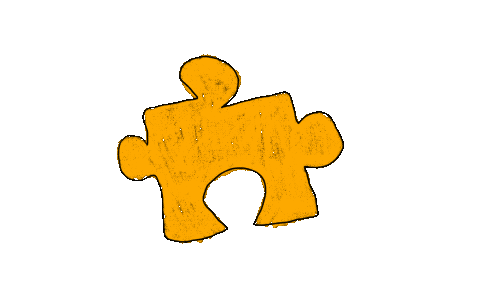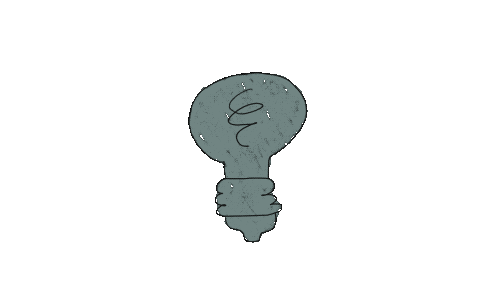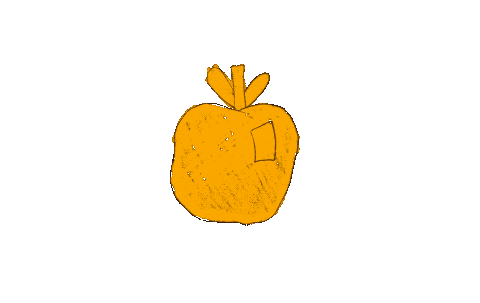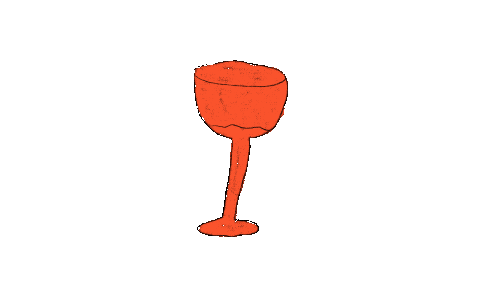
Gen Z Identity: A Qualitative Research Study
Characters:
- Gen Z
- dscout
- Zeus Jones
Together with dscout, we conducted a study in January 2020 to better understand Gen Z identity formation, expression and fluidity. We heard from 42 Gen Z participants who told us about themselves, their backgrounds and the role identity plays in their lives.
Scene 1: The Curated Self
A generation declares freedom. It feels a pull to remake the world — starting with themselves. Where previous generations were proud to wear labels, the youngest wants to create their own.
Enter Gen Z
Kevin, 19:“Sometimes I feel compelled to align with commonly or familial accepted norms (e.g. my current gender is male because I am biologically male) for the sake of societal acceptance and conformity. But I’ve been working on liberating myself from societal constraints when it comes to my personal brand.”
ZEUS JONES: They prefer exploration over mastery. Revision over definition. And fluidity over fixity. In sexuality, gender and personal brand, Gen Z is the most fluid generation in history.

Scene 2: Identity Formation
Audiences have been getting more fragmented for years. But Gen Z is working with a much bigger set of much smaller pieces when they construct the audiences they belong to.
Enter Gen Z
Adam, 22:“I feel like I identify with the choices I make as much as I identify with my core qualities that I was born with/where I am from. Sometimes I feel as though I value them even more because my choices are an expression of how I see myself and what I want to be.”
ZEUS JONES: They understand all the components of their self, and how these pieces intersect. These intersections produce powerfully complex, creative, engaged people.

Xavier, 22:“I think experiences really craft a person. And those experiences normally occur due to the all encompassing intersections of identity (Race, Gender, Sexuality, Class, Disability, Religion, Age). I could’ve been in this same body and had vastly different experiences and I think I would have grown into someone pretty different despite the same hypothetical genetic makeup.”
ZEUS JONES: Greater awareness of these pieces leads to rich personal meaning. Identity today connects the threads into a more detailed tapestry.

Dray, 22:“I feel that my Black Southern heritage is extremely important to my identity as a whole. I feel most affinity with Black trans and queer people from the American South who understand the specific terrain of the South, and the violence related to being queer and of-color that makes our identities feel more pronounced. I also think there’s a specific legacy of QTPOC from the South who don’t see the South as regressive and backwards, and instead as a site of incredible resistance and way-making that is unique to the majority presence of Black bodies here.”
ZEUS JONES: Our study found that some components of identity are bigger drivers in defining personal identity than others.
Experiences
Hobbies
Likes + Dislikes
Social Circle
Gender
Heritage
Education
Sexuality
Where I’m From
Job
Who I’m Associated With
Where I Live
Scene 3: Fluid Identities
They accept fewer limitations. They ask, “Why can’t I?” The boundaries of identity are more in play than ever, especially in sexuality, gender and gender expression.
Enter Gen Z
Kiira, 20:“Sexualities and preferences can change, and I think it's important to accept these changes without needing to stick ourselves in a box. My sexual identity has shifted several times, and each time it reflects new experiences, relationships and circumstances.”
ZEUS JONES: They see greater depth and shading in each other. They say yes to more facets, and accept when those facets are present in others.

Murray, 23:“I’ve never really given my assigned-at-birth gender much thought, I’ve been fine with being a bloke in most regards. However I’m happy to and often reject masculine things and when they come up (football, lad culture, normies etc). This to me is fluidity, being at peace with myself and others’ actions and actively pruning my world around me to maintain that peace.”
ZEUS JONES: And what feels true now is always open for revision later. Identity is as much a process as an outcome.

Alexis, 19:“My sexuality has never been fully stable, as I'm always learning more and more each day. I used to think I was straight, but over time, things changed and I realized that I was actually queer! And even learning about my asexuality was another step in my identity!”
ZEUS JONES: How fluid are different aspects of identity for each generation compared to the average adult?

| Generation | Gender | Sexuality | Personal Brand |
|---|---|---|---|
| Gen X | -4% | -13% | -11% |
| Millenials | 0% | 4% | 4% |
| Gen Z | 4% | 10% | 6% |
Scene 4: External Identity Performance
While sea change happens inside, the surface constantly morphs.
Enter Gen Z
Michaelina, 19:“I think being able to experiment with your outer appearance is important for growth and learning even more about what you like that strengthens your identity further. However I probably wouldn’t change my language or vocal tone as that’s more ingrained in me.”
ZEUS JONES: The simplest things to change — hair, clothing and presentation — are fully explored. Even social codes, language and vocal delivery are up for examination.

Kevin, 19:“Vocal tone seems to have an effect on how people see me, but it’s a lot of work to change it. There are a lot of different types of clothes and hair styles and they are easy to change. Clothes and hair are just as effective in expressing your personal brand as changing your vocal tone—they’re just easier to change.”

Dray, 22:“I play with physical aesthetics all the time; changes to my clothes and makeup often reflect how I’m feeling or changes to my life that I’m making. I also see my body as a canvas, so adding makeup or permanent tattoos feels like creating meaningful art on my body.”
ZEUS JONES: Which of the following aspects of your identity, if any, are you most likely to change or experiment with?
What I wear
My hairstyle
Language i use
Body (ex. tattoos, piercings)
How I talk about myself
Vocal tone
Make-up
Physical mannerisms
Scene 5: Online Identities
And social media is still a place for safe, simple experimentation.
Enter Gen Z
Kade, 23:“I am the most confident I can be online and portray a very strong persona when in real life I’m not always 100% able to in my current environment.”
ZEUS JONES: Though we often think of social as a vitriolic place, it’s also a way to form communities and explore identity aspects that aren’t ready for IRL expression.

Julio, 23:“I have multiple Twitter accounts. One for my professional persona, my social persona, and sexual persona. Each fulfill a different purpose depending on what I’m trying to communicate.”

Kevin, 19:“I’m reluctant to wear a t-shirt that says I’m asexual on it, because there is always a chance that one person will hate me just for that. It’s safer when you have a computer screen to protect you physically.”

ZEUS JONES: But negotiating identity is intense, taxing and sometimes negative. The expectation that social media is a happy place creates dissonance — and a bottling of emotions.
Lena, 19:“Well obviously everything presented online is the happiest, most positive portrayal of the happy moments of our lives. Whereas in reality, my identity includes sad experiences that are not posted online.”
Zeus Jones: Are there differences in the way that you present yourself and your identity online compared to in real life?

| Response | Yes | No |
|---|---|---|
| Results | 55% | 45% |
Our understanding of Gen Z identity is just beginning to come together — and its fluidity means that it might never fully fix into place.
Big questions loom: How will it continue to evolve as younger generations grow up online? How will they showcase more elements of identity performance, self-reflection and fluidity? And how will their overall awareness of identity deepen and mature?
Dig into the data on dscout’s People Nerds post: Gen Z, Identity, and Brand: How the “Digital Native” Generation is Designing Itself.
Contributors
In collaboration with
- Francine Thompson
- Jack Samels
- dscout
Want to know more about how Zeus Jones can solve your toughest problems?